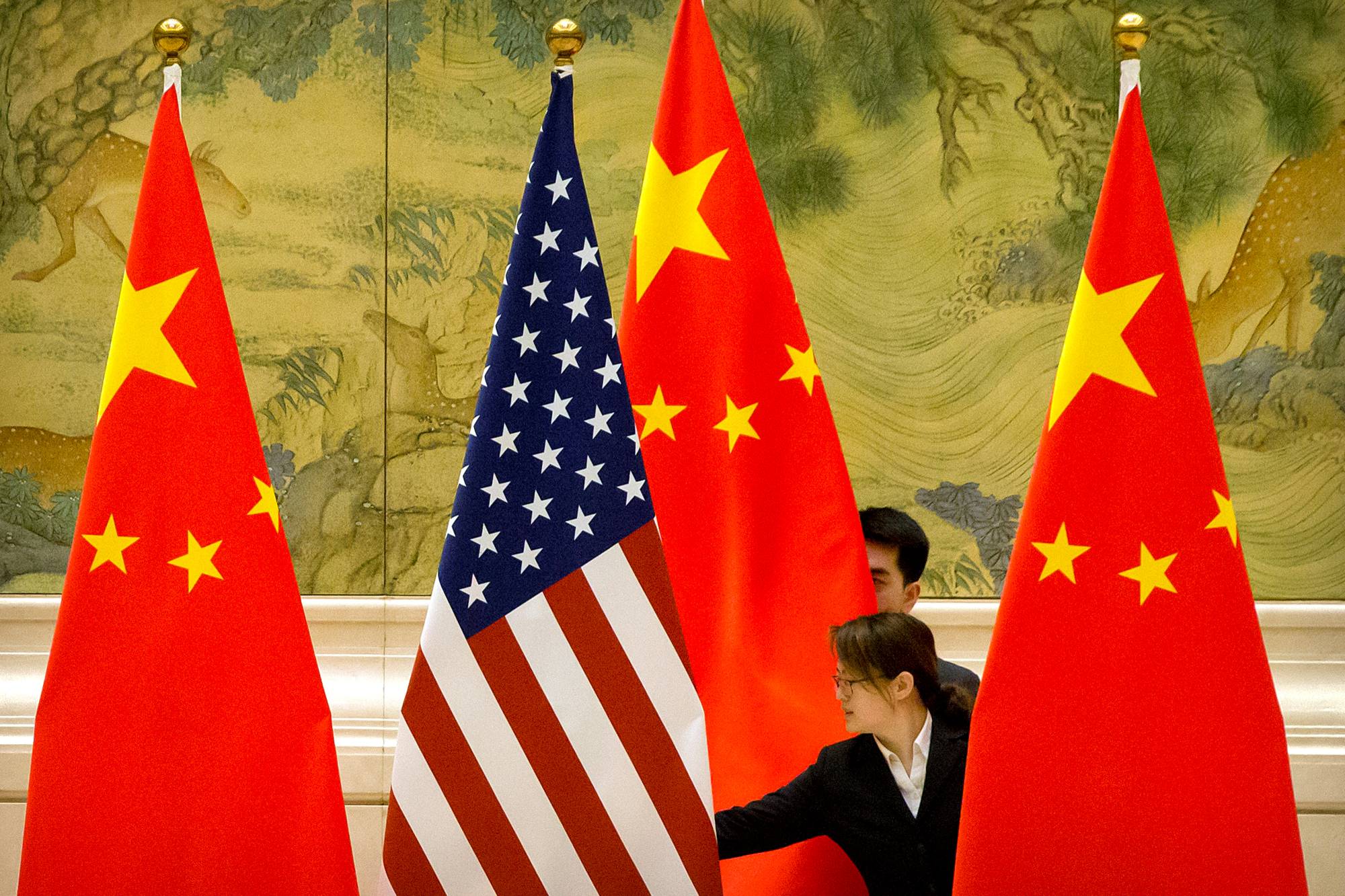When U.S. President-elect Joe Biden is inaugurated in a few days, he will quickly move to transform most dimensions of U.S. policy. A glaring exception is China. But if Biden maintains outgoing President Donald Trump’s confrontational approach to the world’s second-largest economy, he will come to regret it.
While Biden may be less overtly antagonistic toward China than Trump was, he has echoed many of his predecessor’s complaints about China’s trade practices, accusing the country of stealing intellectual property, dumping products in foreign markets and forcing technology transfers from American companies. And he has indicated that he will not immediately abandon the “phase one” bilateral trade agreement reached last year, or remove the 25% tariffs that now affect about half of China’s exports to the United States.
In Biden’s view, it is best not to make any significant changes to the ongoing approach to China until he conducts a full review of the existing agreement and consults with America’s traditional allies in Asia and Europe, in order to develop a coherent strategy. His chosen U.S. Trade Representative, Katherine Tai — an Asian-American trade lawyer (and fluent Mandarin speaker), with extensive experience in China — might play an important role in the review process.


















With your current subscription plan you can comment on stories. However, before writing your first comment, please create a display name in the Profile section of your subscriber account page.